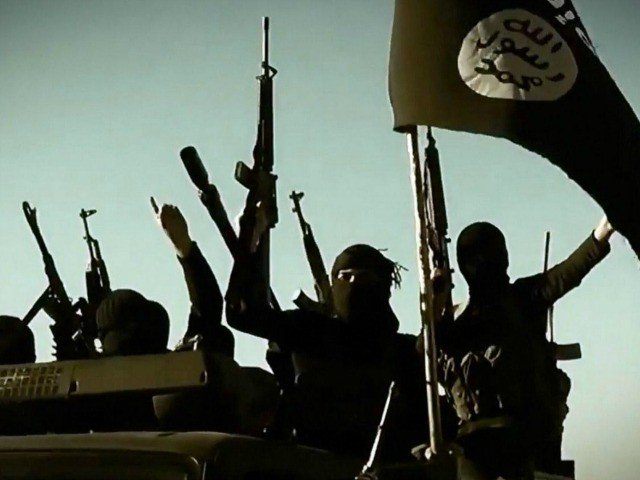The Islamic State (ISIS/ISIL) is crippling much-needed medical centers in Syria by preventing the free movement of fuel shipments, reports The New York Times.
“They are using fuel as a weapon,” Dr. Khaled Almilaji of the Canadian International Medical Relief Organization, which supports medical centers in in northern Syria, told the NYT.
The doctor noted that the fuel embargo was imposed amid clashes between ISIS and rebel groups.
Dr. Almilaji believes the fuel cutoff is being used to weaken the rebels and facilitate an advance by ISIS as the jihadist group seeks to expand into the northern Syrian province of Aleppo.
However, the fuel embargo has not only prevented the rebels from filling up their vehicles, pointed out the doctor, but it has also resulted in electricity being turned off at clinics treating the wounded and providing other life-essential services.
In Idlib and Hama provinces, medical committees have warned that they will soon have to close down medical centers if the lack of fuel persists.
Citing anti-government activists and aid workers, the NYT notes, “Islamic State fighters are preventing fuel shipments from reaching rebel-held parts of northern Syria, causing severe shortages that are grounding ambulances, paralyzing medical centers and shutting down bakeries.”
International aid groups pointed out that forces loyal to Syrian dictator Bashar al-Assad are intensifying the anguish by targeting medical centers in opposition areas, executing some workers and compelling a shutdown of facilities.
“The fuel shortages highlight how more than four years of war in Syria have ravaged the economy and allowed the warring parties to use the country’s scarce resources as a vise to squeeze their enemies,” reports The New York Times.
“Since the Islamic State, also known as ISIS or ISIL, seized oil-rich regions in Syria’s north and east, it has used the output to finance its efforts to build an Islamic Caliphate that straddles the Syria-Iraq border,” it adds.
Until this month, Syrian traders from various regions in the country, namely the rebel-held territory in the northwest, had long been purchasing locally refined petroleum products for personal use in areas controlled by ISIS.
Eventually, some Syrians came to rely on those products to power their vehicles and fuel generators used to operate clinics, bakeries, and other essential establishments.
In June, members of ISIS began prohibiting the movement of fuel trucks, activists and aid workers told the newspaper.
“The shortages have also limited the movements of emergency medical workers in areas where the government frequently drops barrel bombs that destroy buildings and often leave civilians buried in the rubble,” mentions the report.
“International aid groups sounded the alarm on Thursday about Syrian government attacks on medical facilities in opposition-controlled areas,” it adds. “Doctors Without Borders said that a hospital in Dara’a Province in the south had been destroyed after being struck by four barrel bombs this week.”
May 2015 has been dubbed the worst month for attacks on medical facilities since the start of the Syrian war in March 2011, Physicians for Human Rights said on Thursday.
During that month, 14 facilities were attacked and ten medical workers killed. The human rights organization accused the Syrian government of being responsible for all the attacks.

COMMENTS
Please let us know if you're having issues with commenting.